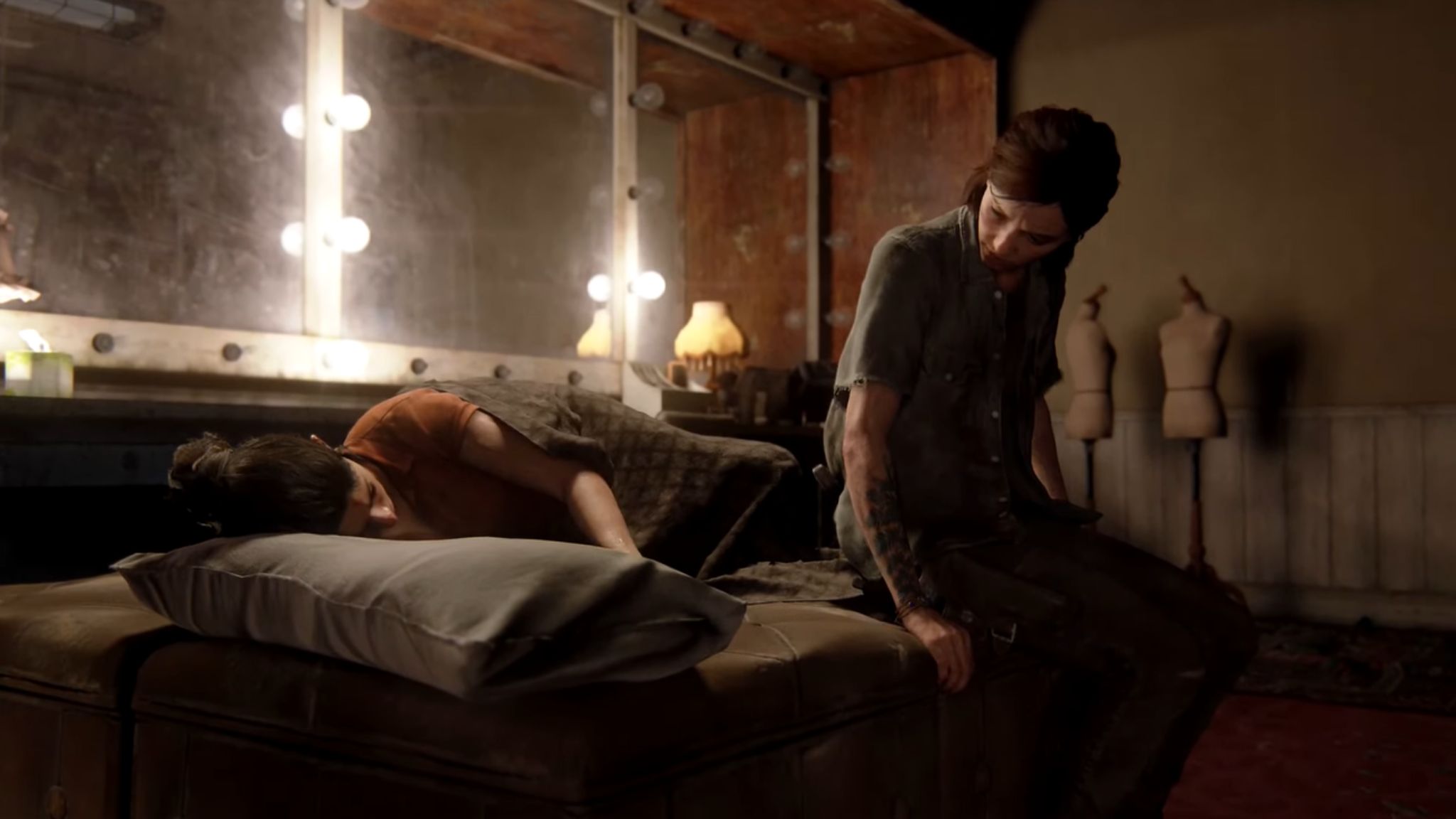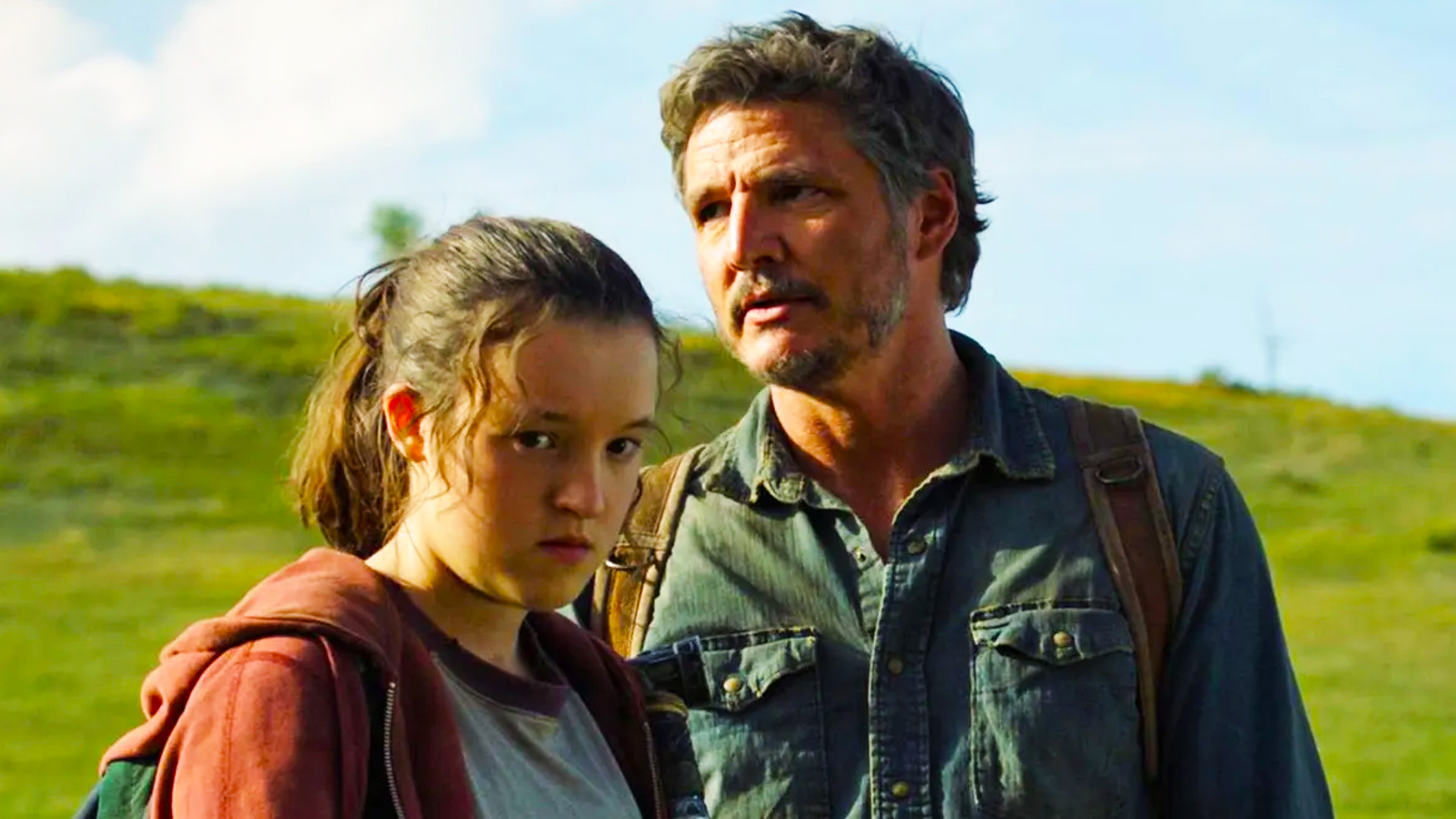
I’m quite fond of compelling storytelling, and “The Last of Us” certainly delivers on that front. However, it’s essential to clarify that it shines as a video game. In 2013, when it was first released, there was nothing comparable to it. Today, we have games like “Until Dawn” with engaging narratives and choice-based elements, or series like Uncharted, Red Dead Redemption, and God of War that provide captivating stories. Yet, none of these titles explore the zombie-infested world like “The Last of Us.” Previously, zombie games were primarily focused on hack-and-slash combat against hordes. “The Last of Us” provided a cinematic experience, blending storytelling with the excitement of combating zombies.
The world of The Last of Us has demonstrated the remarkable storytelling potential of video games. Its compelling narrative is skillfully conveyed through stunning, lifelike cutscenes that reinforce its impactful tale. While it shares similarities with interactive movies like Until Dawn, Telltale’s The Walking Dead, or Quantum Dream titles, The Last of Us deftly balances its narrative segments and gameplay, ensuring an immersive experience. Although the gameplay mechanics may seem outdated today, particularly regarding enemy pathfinding and AI (both for enemies and companions), it remains accessible and quickly draws you in. However, the primary reason to continue playing is its captivating storyline.

In terms of what makes it more contentious is the sequel, The Last of Us Part II, yet its storytelling still sent shivers down my spine, brought tears to my eyes, and earned a standing ovation just like the original game did consistently. I appreciated the decision to have us play as the “antagonist” for part of the game because it was remarkably inventive, allowing us to observe various aspects of human love, loss, grief, and acceptance. It compelled us to understand the intricacies of the human mind, appreciate the subtleties in relationships, and realize that the world is not simply divided into good and evil, but rather has a richer, more complex depth.

However, The Last of Us (TLOU) fails to shine as an adaptation because it doesn’t offer anything unique compared to The Walking Dead, which was at the pinnacle of television in the early 2010s. To make matters worse, the casting choices seem illogical. The immersive and believable world created by Naughty Dog for Ellie and Joel felt incredibly real, and any other actors cast as them, apart from Ashley Johnson and Troy Baker, felt jarring to fans. In my opinion, Bella Ramsey and Pedro Pascal are significantly different from their characters, which feels absurd. From the very first episode, I found it hard to trust and invest in the on-screen characters that I had previously connected with and empathized with in the game.
I share the same sentiment about the “Uncharted” movie featuring Tom Holland and Mark Wahlberg. In my opinion, neither actor seemed fitting for their roles, making a poor representation of the characters. To me, Naughty Dog’s adaptations appear more like attempts to cash in on existing fans who are eager to buy every remaster and remake. It’s disheartening because nothing compares to “The Last of Us” for me, but its brilliance has seemingly been watered down by the adaptation process.

In a new take on “The Last of Us” TV series, the backstory of Bill’s romantic relationship amidst an apocalypse was delved deeper into, adding depth to the original game’s subtle hints. However, many alterations in the show seem geared towards satisfying some gamers who had criticized the original, which leaves me questioning the overall direction. Despite appreciating the writing in both versions, I felt that certain aspects were omitted from the adaptation, as if there was an underlying issue with it. The game’s script is versatile enough to adapt across different media, yet it underwent changes that introduced humorous moments here and there, which seemed out of place given the grim tone of the storyline. Excessive monologues and subpar acting significantly altered the impact of pivotal scenes like Joel and Ellie’s porch conversation.
It’s truly disappointing since shows like Arcane, which I absolutely love, have shown us what a nearly perfect adaptation can look like, even for someone like me who hasn’t played League of Legends and probably won’t. The key distinction lies in the boundless possibilities of an animated series that can do anything it wants, crafting a believable and immersive fantasy world. Arcane provided a captivating escape with its compelling story, characters, and world-building. On the other hand, The Last of Us is set in a realistic version of America, much like a Marvel Cinematic Universe film.
I’m not hopeful that The Last of Us Season 3 will alter my perspective towards the series, as I feel an adaptation wasn’t essential from the start. To me, it feels like more of the same apocalyptic storyline, and after witnessing its development, I fear I might have already gone a bit mad.
Read More
- How to Get the Bloodfeather Set in Enshrouded
- Gold Rate Forecast
- Auto 9 Upgrade Guide RoboCop Unfinished Business Chips & Boards Guide
- These Are the 10 Best Stephen King Movies of All Time
- 10 Movies That Were Secretly Sequels
- 32 Kids Movies From The ’90s I Still Like Despite Being Kind Of Terrible
- USD JPY PREDICTION
- Best Werewolf Movies (October 2025)
- 4 TV Shows To Watch While You Wait for Wednesday Season 3
- One of the Best EA Games Ever Is Now Less Than $2 for a Limited Time
2025-07-18 00:13